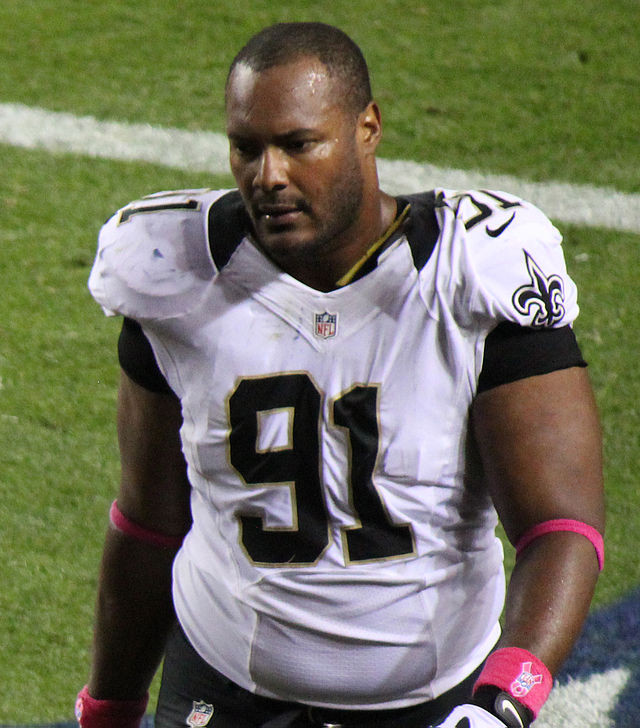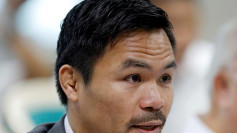Cardell Hayes has been convicted of manslaughter in the killing of former New Orleans Saints defensive end Will Smith. The verdict, delivered after a retrial necessitated by a Supreme Court ruling on jury unanimity, marks a somber chapter in a case that intertwines themes of celebrity, justice, and gun violence.
Smith, celebrated for his role in lifting the spirits of New Orleans post-Hurricane Katrina and leading the Saints to a Super Bowl victory, was tragically shot and killed following a traffic altercation in 2016. The incident also left his wife, Racquel Smith, injured. Hayes, who claimed he acted in self-defense fearing for his life, was originally convicted in 2016 but has been free pending the retrial due to the previous verdict's non-unanimity.
The recent proceedings saw the jury deliberate for over four hours before reaching a unanimous decision, acquitting Hayes of attempted manslaughter in the shooting of Racquel Smith but finding him guilty of manslaughter in Will Smith's death. The conviction carries a potential sentence of up to 40 years in prison, reflecting the gravity of the offense and the loss of life involved.
District Attorney Jason Williams, in an impassioned address during closing arguments, highlighted the one-sided nature of the gunfire that led to Smith's death, emphasizing that "One gun was fired by one man," as he brandished the evidence-tagged handgun used by Hayes in the courtroom.
The defense, led by attorney John Fuller, argued for Hayes' actions being in self-defense, citing the heated exchange and Hayes' perception of threat leading up to the shooting. However, the prosecution challenged this narrative, pointing to the absence of evidence indicating Smith had retrieved or wielded a weapon during the confrontation.
The case's complexity was underscored by the acknowledgment that Smith was intoxicated at the time of the incident and the presence of a gun in his car. Yet, the lack of witness or forensic evidence supporting Hayes' claim that Smith had fired a weapon worked against the self-defense argument.
Racquel Smith, in a poignant statement, articulated the emotional toll the prolonged legal battle has taken on her and her family, emphasizing their commitment to seeking justice for Will. "Each time we stepped into this courthouse, we were forced to relive the worst moments of our lives," she expressed, underscoring the personal stakes involved in the trial's outcome.
As Hayes awaits sentencing, the case serves as a stark reminder of the unpredictable and often tragic intersections of fame, personal conflict, and violence. Will Smith's legacy as a key figure in the Saints' storied history and a beloved member of the New Orleans community stands in contrast to the circumstances of his untimely death, highlighting the broader societal challenges surrounding gun violence and conflict resolution.




